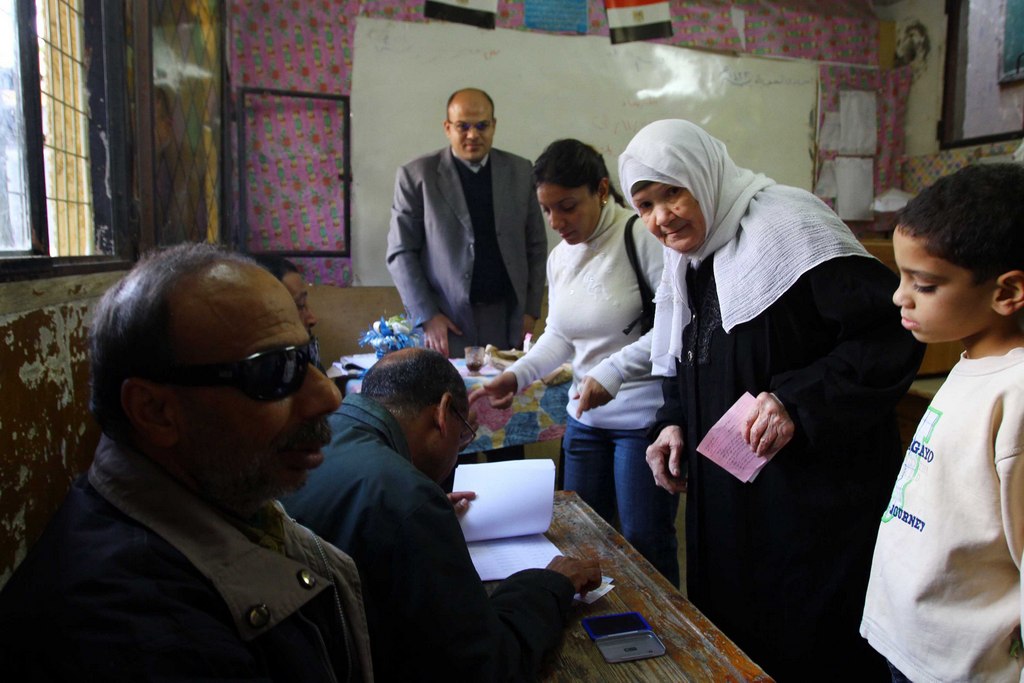ATLANTA, Georgia: With a population of four million divided amongst 18 religious sects, it is surprising that the Lebanese political system has managed to survive this long. Now, this already burdened, fractious society heads into what promises to be a tumultuous presidential election. But Lebanon s struggles should be understood as more than simply a turf war between rival gangs or a proxy war between Washington and Tehran. Rather its problems and prospects represent a crystallized microcosm of the range of tensions and issues that face the Middle East and the West.
The most significant feature of the Lebanese political field, and its most dangerous vulnerability, is the glaring lack of a central authority capable of enforcing the rule of law. With the Syrian band-aid that filled this vacuum now gone, many wonder if Lebanon s famed recovery from the civil war was anything more than transitory.
However, the fact that there has not been an outbreak in internal violence amongst the country s political and sectarian factions – despite the escalation in tensions following former Prime Minister Rafik Hariri s unresolved assassination and the Israeli aggression last summer – should be testament that Lebanese society is prepared to face extraordinary political challenges without succumbing to the temptation of violence. Arguably it is this dimension of the Lebanese experience that has created a unique environment of pragmatism which many others would do well to observe.
For example, this summer s outbreak of violence at the Nahr Al-Bared refugee camp has been greeted by many hasty pundits as a sign that the country is headed toward another civil war, but for those more familiar with situation, the problem in Tripoli has been a case of common ground between the Seniora government and the opposition movement headed by Hezbollah.
Instead of Hezbollah leaning towards a pan-Islamic agenda by supporting fighters in the camp, it has unequivocally condemned Fatah Al-Islam and supported the Lebanese government s efforts to secure its authority as the only legitimate policing entity in the country.
Furthermore, given Hezbollah s pragmatic approach to things, few in Lebanon fear the Shia party is trying to implement an Islamic state in Lebanon. It may be that Hezbollah s manoeuvring over the past year is simply part of a clever political plan at a time when its popularity remains high but its role in the government is uncertain.
However, such criticism overlooks the more important fact that Lebanon s vulnerability is precisely what gives rise to this unique system of prudent politics and restraint that may offer a model of conflict management for the rest of the Middle East. Such prudence and restraint, if seized upon correctly, can bear tremendous long term fruits.
For example, since the Israeli attack on Lebanon last year, the rubble of Dahiyeh (a Shia neighborhood in Beirut) has been virtually cleared, making bombed out building lots look like construction sites. Hezbollah has not rebuilt many of those homes however, not because it cannot, but because the central government has not issued building permits to allow it to do so.
What is striking is that Hezbollah is actually recognizing the government s authority in this matter. It would be quite easy with Iranian financing to rebuild a few dozen apartment buildings in a year s time and bypass the Lebanese central government. Hezbollah s leadership, regardless of one has to say about its ideology, is succumbing to the fundamental principle of democracy – political compromise over the use of force.
This sense of prudent politics can also be seen on the side of the Seniora-Harriri government.
The opposition protest camp, which started in January and strangled the parliamentary offices, has now become a virtual ghost town with only a few dozen individuals monitoring the grounds at any given moment. Lodged in the heart of downtown Beirut, it would appear to be quite simple for the Seniora government to order a few bulldozers to destroy the empty tents and arrest the few Hezbollah guards on duty. Such a scenario is unlikely to happen however because it would guarantee future escalation and spiral society into internecine violence.
Being on the brink of chaos changes many political equations.
In neighboring Palestine one wishes that Hamas and Fatah could have learned a central point in conflict management from the Lebanese example: just because a short-term gain is possible does not necessarily mean that one should seize it. It is ironic that Lebanon, a country torn by civil war, external interference and foreign invasion, and home to a group on the US list of terrorists, is positioned to be the exemplar of democracy for the Arab world while Egypt, second only to Israel in receipt of U.S. foreign aid and whose opposition is made up largely of the politically pragmatic Muslim Brotherhood, resorts to water hoses and constitutional revision as a means to deal with free demonstrations and opposition parties.
Meanwhile, other US allies in the region – future recipients of a $20 billion military aid package – remain monarchies.
The upcoming months undoubtedly will be trying for Lebanese society, but given the country s track record over the last few years, in the face of overwhelming odds, one should not expect that Lebanese political leaders will cower at the challenge. The by-elections on August 5th, which were host to an enormous amount of tension, went more smoothly than expected and without violence-another indication that things are not inevitably going downhill in Lebanon. Instead, it may be that interested onlookers learn something about conflict management the non-violent, democratic way.
Abbas Barzegaris a Ph.D. candidate in the history of religions at Emory University in Atlanta where he studies early Islamic political history and the formation of Muslim sectarianism. This article is distributed by the Common Ground News Service (CGNews) and can be accessed at www.commongroundnews.org.
